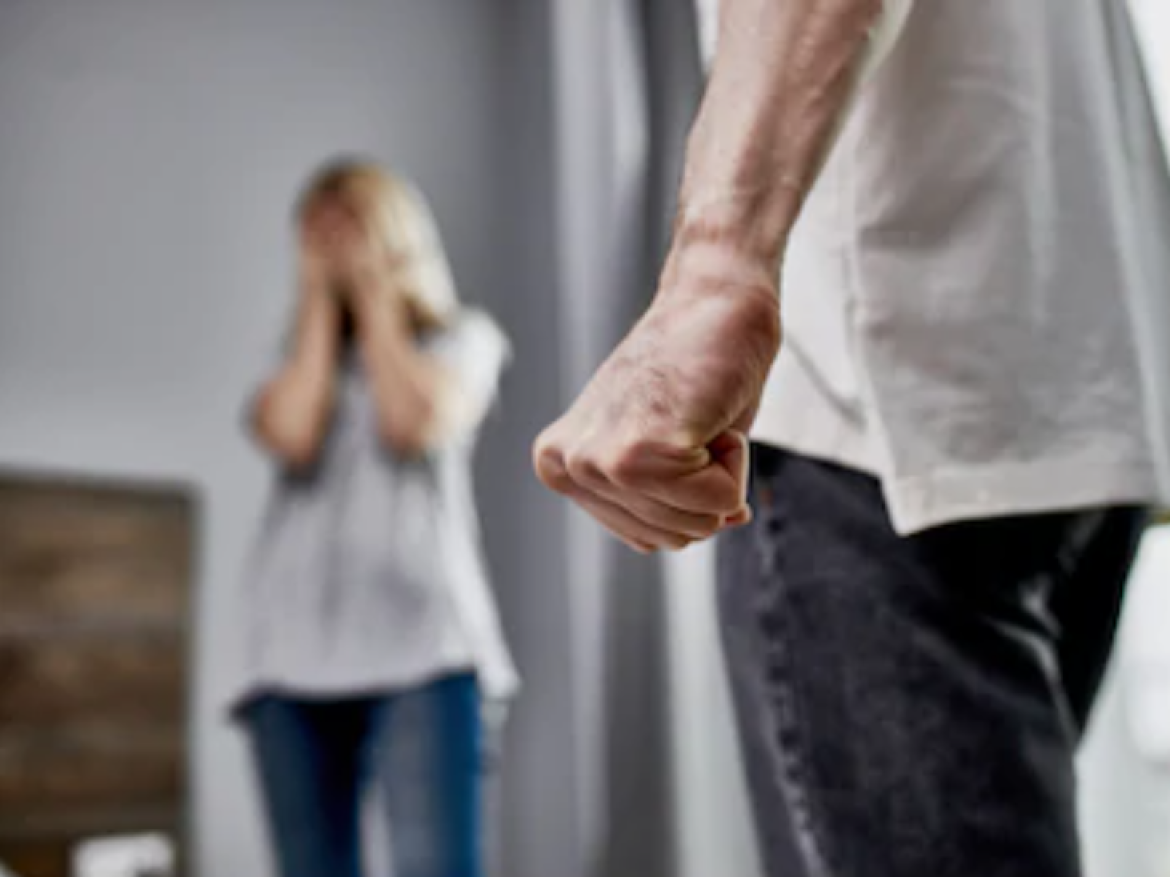
Domestic Violence Lawyer in Houston, TX – Protective Orders & Legal Help
Family violence can be devastating—physically, emotionally, and legally. In Texas, courts have the power to issue protective orders, also known as restraining orders, to protect victims and prevent future harm. These orders place legal restrictions on an alleged abuser’s contact with a victim, offering immediate and long-term protection for survivors of domestic violence.
At Mokolo Law Firm, we provide strong, compassionate legal representation for individuals seeking or responding to protective orders. Whether you are a victim seeking protection or someone falsely accused of violence, our attorneys are here to help you understand your rights and navigate the legal system with care and clarity.
📞 Call Now or 🔗 Book Online
Protective order hearings differ from criminal trials. Instead of proving guilt beyond a reasonable doubt, the petitioner (the person requesting protection) must show that family violence occurred using a lower legal standard—known as the “preponderance of the evidence.” If granted, a protective order can restrict contact, enforce distance requirements, and even remove someone from a shared home.
Under Texas Family Code Title 4, there is a strong presumption that protective measures are warranted when previous convictions or threats against a child or family member exist. Our attorneys at Mokolo Law Firm will guide you through each step of the process—filing, court preparation, and enforcement—while prioritizing your safety and legal rights.
Texas offers several types of protection orders, including:
- Protective Orders: Long-term orders lasting up to 2 years, issued when family violence is proven.
- Temporary Restraining Orders (TROs): Short-term civil orders typically used in divorce or custody cases to protect property or personal safety.
- Peace Bonds: Criminal court orders that require a person to post a bond and stay away from potential victims under threat of forfeiture.
We understand the urgency and emotion involved in these matters. Mokolo Law Firm provides swift legal action for survivors seeking protection, and sound defense for those accused. No matter which side of a domestic violence matter you are on, we offer non-judgmental, results-oriented legal counsel.
Why Choose Mokolo Law Firm for Domestic Violence Cases?
Domestic violence cases are emotionally intense and legally complex. At Mokolo Law Firm, we treat every client with dignity, confidentiality, and care—whether you are in danger or seeking to clear your name. We’ve helped countless clients secure protective orders, defend against false accusations, and navigate the overlap of family law and criminal consequences.
Our team stays current on Texas Family Code provisions, emergency filings, and the documentation required to ensure safety and justice. We act quickly, because your peace of mind can’t wait.
Frequently Asked Questions – Protective Orders & Domestic Violence
What is a protective order?
A protective order is a legal document issued by a court to prevent someone from contacting or harming another person. It is often used in domestic violence cases and can limit communication, proximity, and firearm possession.
How do I get a protective order in Texas?
You must file an application in civil court and attend a hearing. If the judge believes family violence has occurred or is likely to occur again, a protective order may be issued.
How long does a protective order last?
Most protective orders last up to two years. Temporary protective orders (ex parte orders) can be issued immediately and typically last 20 days until a hearing.
What is the difference between a protective order and a restraining order?
In Texas, the term “restraining order” usually refers to temporary civil orders used during divorce or custody cases. Protective orders deal specifically with violence or abuse.
Can a protective order affect custody?
Yes. A protective order can impact visitation, custody, and parental rights—especially if the violence involves children. Courts prioritize the safety of children in these decisions.
What if someone falsely accuses me of domestic violence?
False accusations are serious. Our attorneys can help you challenge the allegations and present your evidence in court. Protective orders can carry legal consequences, so defense is essential.

